The Buzz podcast
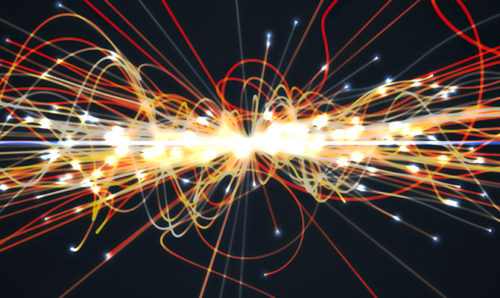
The Buzz S3 E5: Working on the Large Hadron Collider
This special episode of The Buzz podcast accompanies our CERN miniseries – and explores the fascinating work of Manchester scientists on the Large Hadron Collider.
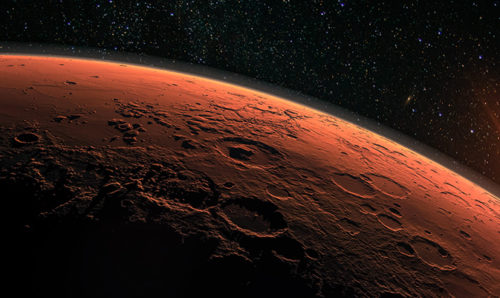
The Buzz S3, E4: Space bricks
In this instalment of The Buzz podcast, Dr Aled Roberts explains the potential for using astronauts’ blood plasma and other human waste products to manufacture ‘space bricks’ to build structures on the Moon and Mars.
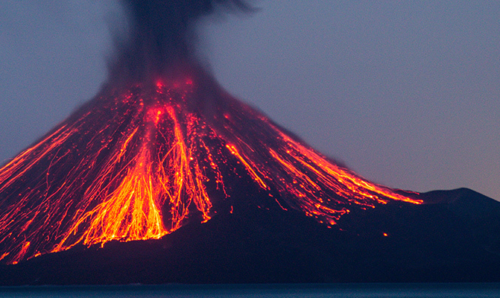
The Buzz S3, E3: Why do volcanoes erupt?
PhD student Marissa Lo talks all things volcanoes – including consequences and benefits – in this explosive episode of The Buzz podcast.
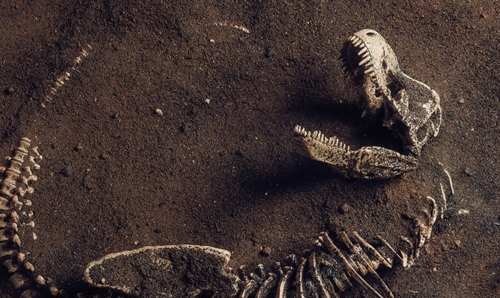
The Buzz S3, E2: What killed the dinosaurs?
Could exciting new evidence help us finally reveal what killed the dinosaurs? We speak to Professor Phil Manning to answer this colossal question!

The Buzz S3, E1: Are we entering a new space age?
Dr Ciara McGrath helps us blast off season three of The Buzz podcast by answering the question: Are we entering a new space age?

The Buzz S2, E7: How can we stay safe online?
In this latest episode of The Buzz podcast we ask information and cyber security expert Professor Daniel Dresner about the best ways to stay safe online.

The Buzz S2, E6: Should we trust all science news?
In this episode of the podcast we speak to PhD students Katie Downes and Luke Chaplin of the Have You Heard? team about the dangers of science misinformation.
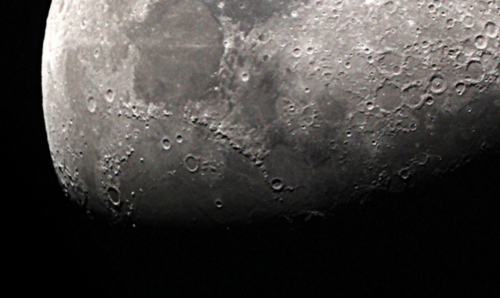
The Buzz S2, E5: What can we learn from the Moon?
In this captivating episode of The Buzz podcast we speak to Manchester alumni Nat Curran (NASA) and Fran McDonald (European Space Agency) about the wonders of the Moon.
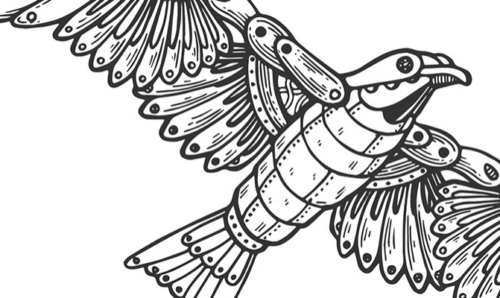
The Buzz S2, E4: How are animals inspiring robotics?
In this episode of the podcast we speak to biomechanics expert Dr Ben Parslew to find out how – and why – animal robotics is taking flight.
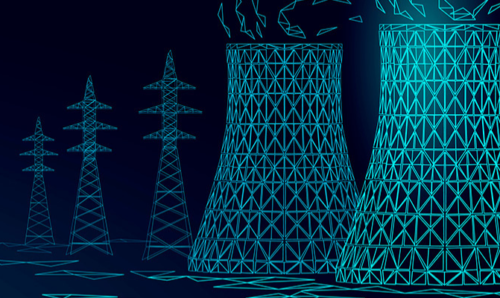
The Buzz S2, E3: What is the future of nuclear energy?
In this episode of The Buzz we go nuclear, asking Drs Aneeqa Khan and Laura Leay whether nuclear power could be the answer to our future energy needs.

